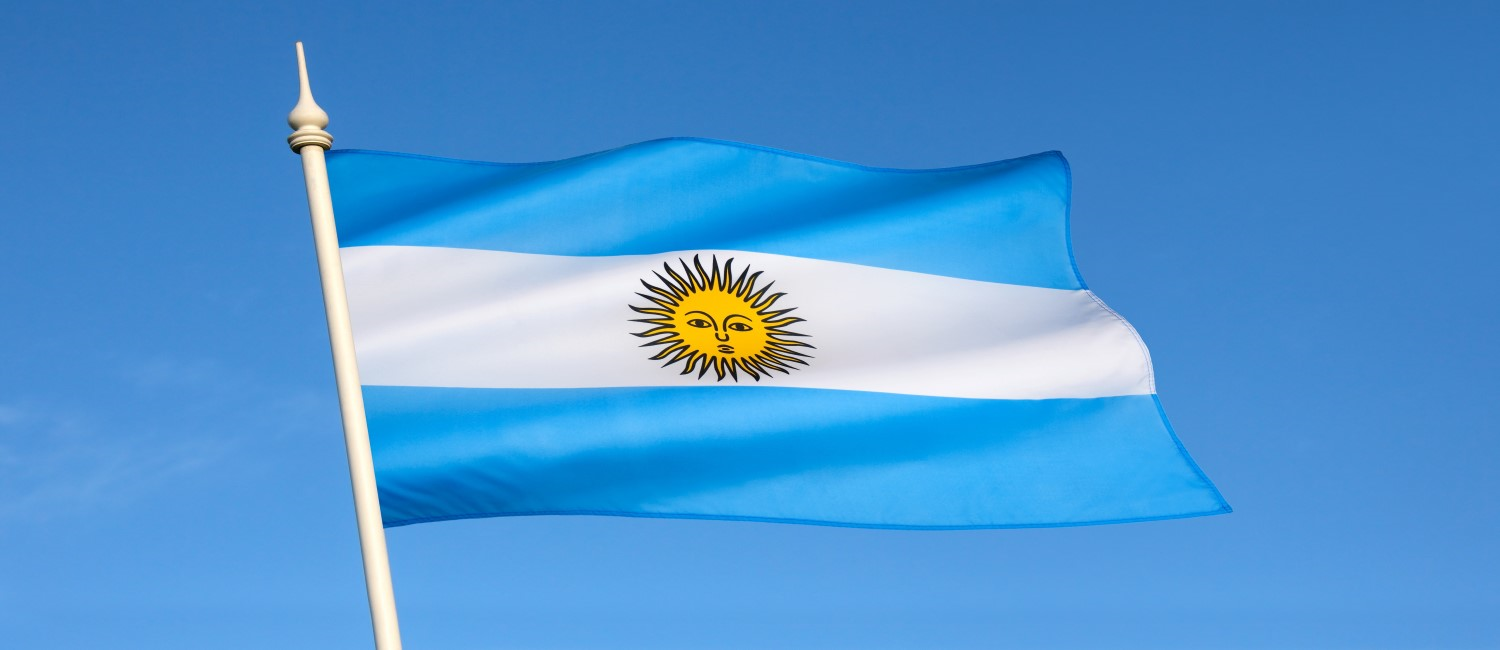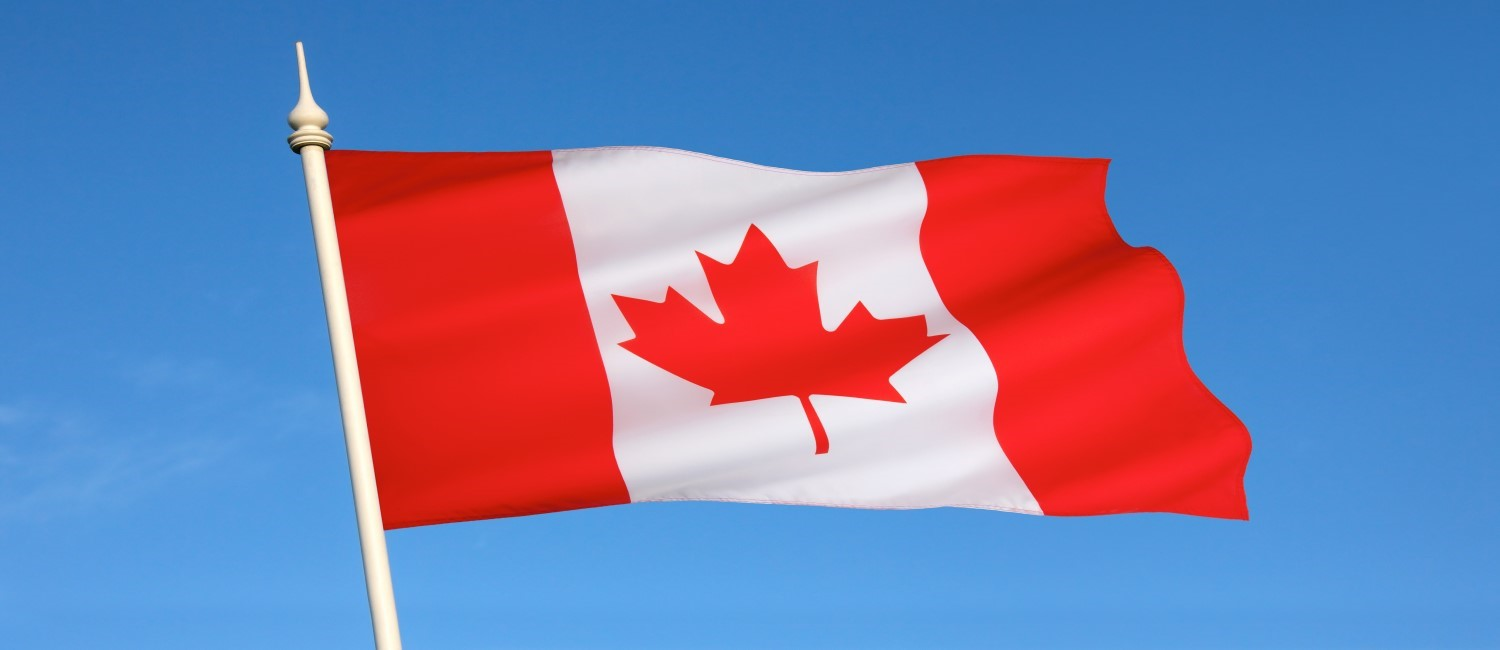The Democratic People's Republic of Korea (DPRK or North Korea) has a background in currency counterfeiting, terrorist financing, drug trafficking, and money laundering, as well as the employment of deceptive financial methods in the global banking markets. The DPRK regime continues to provide the international community with a number of difficulties, including its development of nuclear weapons, arms trafficking and proliferation, and human rights violations.
North Korea's FATF Status
The FATF is concerned about the DPRK's inability to resolve substantial weaknesses in its anti-money laundering and counter-terrorism financing (AML/CFT) regime, as well as the considerable dangers they represent to the international financial system's integrity. Accordingly, the FATF recommends the DPRK fix its AML/CFT inadequacies as soon as possible and in a meaningful way. Furthermore, the FATF is concerned about the danger presented by the DPRK's unlawful actions relating to the proliferation of weapons of mass destruction (WMDs) and their funding.
The FATF reconfirmed its request to its participants on February 25, 2011, and asked all jurisdictions to advise their financial institutions to pay particular attention to commercial contacts and transactions with the DPRK, including DPRK corporations, financial institutions, and anyone working on their account. In addition to increased criticism, the FATF calls on its participants and encourages all states to implement effective counter-measures, including specific target financial sanctions, in accordance with applicable United Nations Security Council Resolutions, to safeguard their financial industries from money laundering, financing of terrorism, and financing of WMD proliferation (ML/TF/PF) risks emanating from the DPRK. Jurisdictions should take the appropriate steps to shut existing DPRK bank branches, subsidiaries, and representative offices inside their borders, as well as terminate correspondent connections with DPRK banks, as mandated by relevant UNSC resolutions.
Since 2011, North Korea has remained on the blacklist. However, beginning in February 2020, due to the COVID-19 pandemic, the FATF temporarily halted the review process for both Iran and North Korea while still designating them as high-risk jurisdictions.
On November 2, 2017, FinCEN additionally released an advisory aimed at increasing awareness among financial institutions about the typical tactics employed by North Korea to circumvent U.S. and UN sanctions, engage in money laundering activities, and fund the North Korean regime's weapons programs.
Cyber thefts in North Korea
In 2022, following a year marked by an unprecedented surge in cyber thefts, reaching an estimated total of $1.7 billion, independent sanctions monitors, in their report to a U.N. Security Council committee, noted that DPRK hackers persistently and successfully targeted cryptocurrency and other financial exchanges on a global scale. These monitors, who submit semiannual reports to the council, have previously alleged that North Korea employs cyber-attacks to generate funds for its nuclear and missile programs. North Korea, however, has consistently denied any involvement in hacking or other cyber-related activities.
Sanctions Against North Korea
Sanctions are now in place against this nation from the United Nations, the European Union, and the United States. These include a ban on North Korean weaponry exports and imports. There are additional prohibitions on the supply (direct or indirect) of conventional weapons and some weapons of mass destruction, as well as sensitive commodities and technology and technical support.
Since 2006, North Korea has been subject to United Nations sanctions due to its nuclear and ballistic missile programs, with these sanctions consistently and unanimously reinforced over time.
In reaction to the cyber-attack on Sony Pictures Entertainment, the United States implemented further sanctions against North Korea on January 2, 2015, banning specific companies and individuals.
The United States increased sanctions on North Korea on September 20, 2017. For the first time, the new presidential order empowers the US Treasury Department to punish foreign banks that conduct "substantial" transactions with North Korea, as well as to freeze particular bank accounts related to North Korea. Furthermore, additional commercial penalties target North Korea's corporate operations and overseas partners, including allowing new blocking measures against both North Korean people and third-country citizens who engage in or are involved in North Korean financial transactions.
A crucial answer to the growing concerns about money laundering, particularly in high-risk areas like North Korea, is provided by Sanction Scanner. Governments and financial institutions are under increasing pressure to effectively combat financial crimes because the health of the global economy is at risk. Innovative powered by AI AML solutions from Sanction Scanner gives businesses an advantage over their competitors by helping them comply with their AML obligations. Their sophisticated technology guarantees that financial institutions can negotiate the difficult landscape of AML regulations in a world that is changing quickly. Institutions can improve their AML compliance efforts, protect financial security, and reduce risks associated with transactions involving high-risk nations like North Korea by relying on Sanction Scanner. Contact Sanction Scanner for a demo today to learn more about the future of AML compliance!




